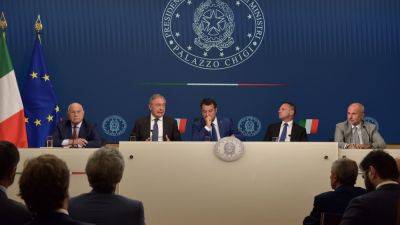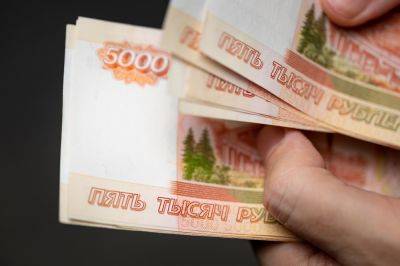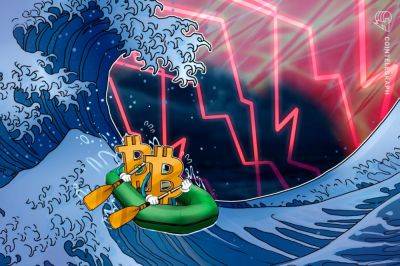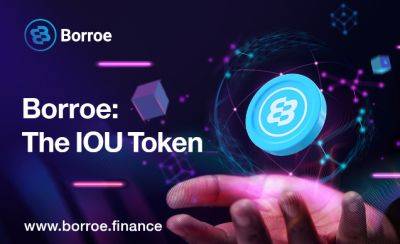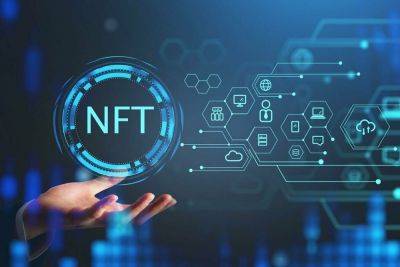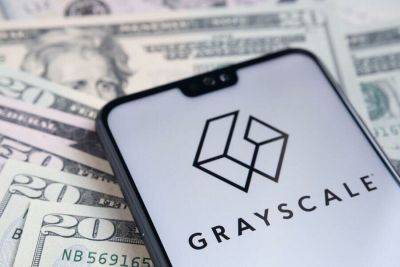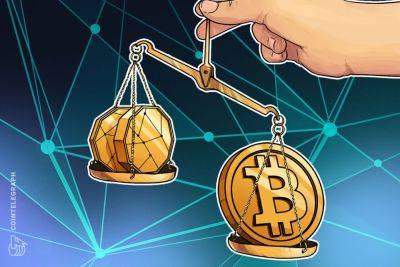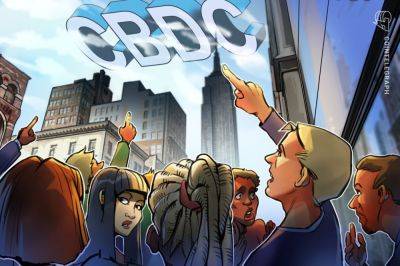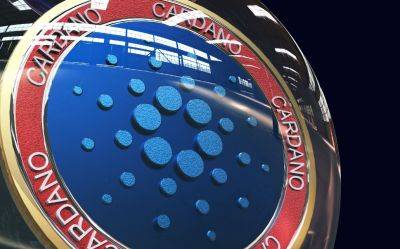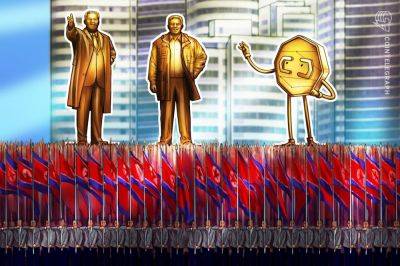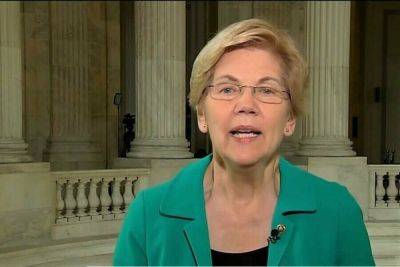Haldane calls out CBDC" stealth tax scandal"
In an op-ed for the Financial Times, Haldane argues the decision by central banks not to pay interest on citizen CBDC holdings reinforces a regressive tax levvied on consumers who rely on cash."Physical cash is an interest-free loan to government, a direct tax on citizens levied in proportion to their cash holdings at a tax rate given by the interest rate," he writes. "Most people are blissfully unaware they are being taxed in this way.
The name of this tax - seigniorage - adds to its mystery and oddity."Seigniorage is a stealth tax that is both large and highly regressive. Highly regressive because cash is held disproportionately by the poorest and least advantaged in society."Concerns about financial stability, and the prospect of deposit flight from commercial banks to CBDCs, has led central banks to conclude that that they should pay no interest, since doing so would tend to add to the attraction, and increase the liquidity pressures on banks under duress.In a world where all cash was physical, central banks and governments could legitimately argue that it was technologically impossible to pay interest, says Haldane.
Such arguments no longer hold water as interest could easily and simply be paid on the CBDC held by citizens. Seigniorage was an unavoidable consequence of providing the public good of physical cash.Notes Haldane: "For many decades, cash has been the only form of money on which no interest rate is paid, disadvantaging those who hold it.
With the advent of CBDCs, we could remunerate cash and level the monetary playing field to the benefit of all citizens."Designers of CBDCs have foreclosed on this option, opting to continue levying a large, stealthy, regressive tax on their citizens. They have done so to
. Read more on finextra.com


